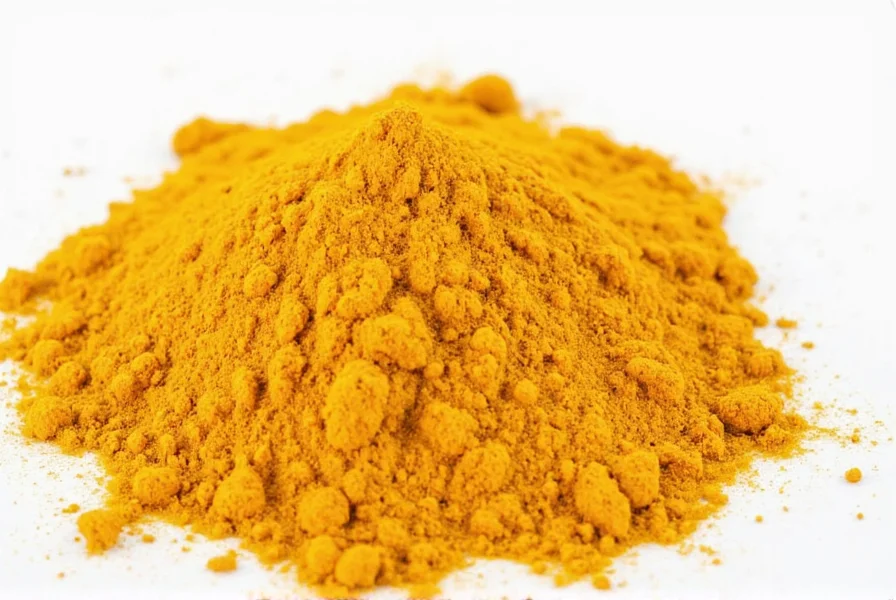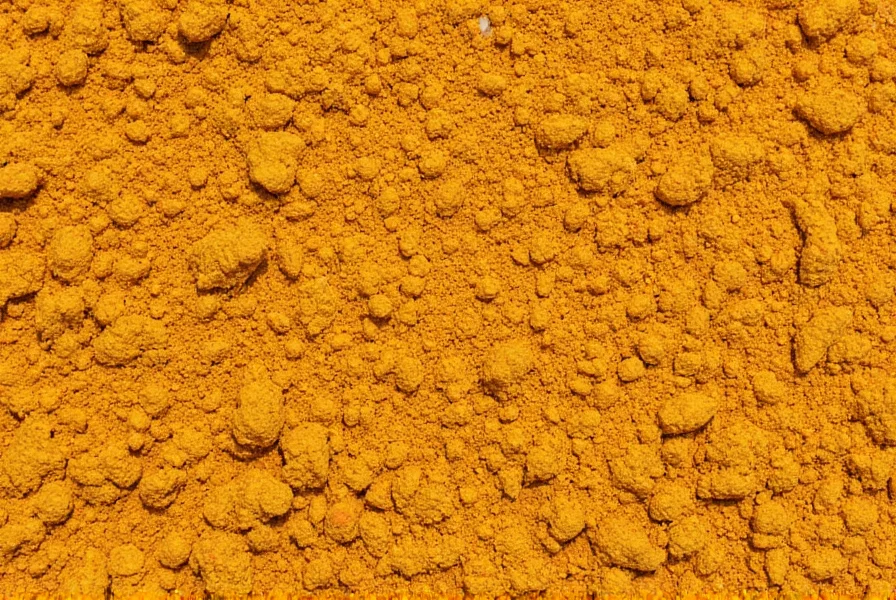For centuries, turmeric has been revered in traditional medicine systems for its healing properties. Today, modern science is increasingly examining whether this golden spice lives up to its historical reputation, particularly regarding liver health. As research continues to unfold, understanding the nuanced relationship between turmeric and liver function becomes essential for making informed health decisions.
The Science Behind Turmeric and Liver Protection
Turmeric contains curcumin, a polyphenol compound responsible for most of its studied health benefits. Curcumin works through multiple biological pathways that directly impact liver health:
- Antioxidant activity - Neutralizes harmful free radicals that can damage liver cells
- Anti-inflammatory effects - Reduces inflammation markers that contribute to liver disease progression
- Detoxification support - Enhances the liver's natural detoxification enzyme systems
- Fat metabolism regulation - May help prevent fat accumulation in liver tissue
These mechanisms suggest why turmeric has shown promise in supporting liver health, particularly for conditions like non-alcoholic fatty liver disease (NAFLD), which affects approximately 25% of adults worldwide.
Clinical Evidence: What Research Tells Us
Multiple human and animal studies have investigated turmeric's effects on liver health with promising, though sometimes mixed, results:
| Study Type | Findings | Limitations |
|---|---|---|
| Human clinical trial (2020) | Curcumin supplementation (1000mg/day) improved liver enzyme levels and reduced liver fat in NAFLD patients | Small sample size (n=60), 8-week duration |
| Meta-analysis (2022) | Curcumin significantly reduced ALT and AST liver enzymes in multiple studies | Variability in dosing and formulations across studies |
| Animal research | Curcumin protected against toxin-induced liver damage in multiple rodent models | Animal models don't always translate to human effects |
While these findings are encouraging, researchers consistently note that more large-scale, long-term human studies are needed to establish definitive conclusions about turmeric's therapeutic effects on liver conditions.
When Turmeric Might Not Be Good for Your Liver
Despite its potential benefits, turmeric isn't universally beneficial for all liver conditions or individuals. Certain situations warrant caution:
- High-dose supplementation - Extremely high doses of curcumin supplements (typically above 8 grams daily) have been associated with rare cases of liver injury
- Pre-existing liver conditions - Those with active liver disease should consult a physician before starting supplementation
- Medication interactions - Turmeric may interact with blood thinners, diabetes medications, and certain chemotherapy drugs
- Prolonged use of concentrated extracts - Long-term effects of high-potency supplements remain understudied
A 2021 case report documented instances of turmeric-induced liver injury in otherwise healthy individuals taking high-dose supplements, highlighting that even natural compounds can have adverse effects at pharmacological doses.

Practical Recommendations for Liver Health
Based on current evidence, here's how to safely incorporate turmeric for potential liver benefits:
- Culinary use - Adding 1-3 grams (about ½-1 teaspoon) of turmeric to food daily is generally considered safe and potentially beneficial
- Enhanced absorption - Consume turmeric with black pepper (which contains piperine) and healthy fats to increase curcumin absorption by up to 2000%
- Supplement considerations - If using supplements, choose products with 400-1000mg of curcumin with absorption enhancers, not exceeding 3000mg daily without medical supervision
- Medical consultation - Always discuss turmeric supplementation with your healthcare provider if you have liver disease or take medications
It's important to note that turmeric should complement, not replace, conventional medical treatments for liver conditions. Lifestyle factors like maintaining a healthy weight, limiting alcohol consumption, and managing blood sugar levels remain foundational for liver health.
Understanding the Limits of Current Research
While preliminary research on turmeric and liver health is promising, several important limitations exist:
- Most human studies have been relatively small and short-term
- There's significant variability in curcumin formulations and dosages used across studies
- Long-term safety data for high-dose supplementation is limited
- Individual responses to turmeric can vary based on genetics and health status
Researchers emphasize that while turmeric shows potential as a supportive element for liver health, it shouldn't be viewed as a standalone treatment for serious liver conditions. The scientific community continues to investigate optimal dosing, formulations, and specific applications for different liver conditions.
Conclusion: A Balanced Perspective on Turmeric and Liver Health
The relationship between turmeric and liver health appears to follow a U-shaped curve - moderate culinary use generally offers benefits with minimal risk, while extremely high doses of supplements may potentially cause harm in susceptible individuals. Current evidence supports turmeric as a potentially beneficial component of a liver-healthy lifestyle when used appropriately, but not as a miracle cure for liver disease.
As with any natural remedy, the key is balance and informed usage. Incorporating turmeric into your diet as a spice is likely safe for most people and may contribute to overall liver wellness. However, therapeutic use of concentrated supplements requires careful consideration and professional guidance, especially for those with existing liver conditions or taking medications that affect liver metabolism.
Can turmeric help with fatty liver disease?
Multiple studies suggest turmeric, particularly curcumin, may help improve markers of non-alcoholic fatty liver disease (NAFLD). Research indicates curcumin supplementation can reduce liver fat accumulation, lower elevated liver enzymes, and decrease inflammation in NAFLD patients. However, these benefits appear most significant when combined with lifestyle changes like weight management and healthy eating. Turmeric should be considered a complementary approach, not a standalone treatment for fatty liver disease.
How much turmeric should I take for liver health?
For culinary use, 1-3 grams (about ½-1 teaspoon) of turmeric powder daily is generally considered safe. If using supplements specifically for liver health support, research suggests 500-1000mg of curcumin with absorption enhancers (like piperine) taken 1-2 times daily may be beneficial. However, optimal dosage varies based on individual health status, so consulting with a healthcare provider before starting supplementation is recommended, especially for those with liver conditions.
Can turmeric damage your liver?
While culinary use of turmeric is generally safe, there have been rare case reports of turmeric supplements causing liver injury in susceptible individuals. These cases typically involved high-dose supplementation over extended periods. The risk appears low for moderate dietary consumption, but those with pre-existing liver conditions should exercise caution with concentrated supplements. If you experience symptoms like jaundice, abdominal pain, or unusual fatigue while taking turmeric supplements, discontinue use and consult a healthcare provider.
How long does it take for turmeric to improve liver function?
Research suggests it may take 8-12 weeks of consistent turmeric or curcumin supplementation to observe measurable improvements in liver enzyme levels and other markers of liver health. However, individual responses vary significantly based on the specific liver condition, dosage, formulation, and overall health status. Dietary changes and other lifestyle factors also influence outcomes, so turmeric should be viewed as part of a comprehensive approach to liver health rather than a quick fix.
Is turmeric safe to take with liver medication?
Turmeric may interact with certain liver medications, particularly those metabolized by the cytochrome P450 enzyme system. It could potentially affect how medications like statins, blood thinners, or diabetes drugs are processed by the liver. If you're taking any prescription medications, especially those processed by the liver, consult your healthcare provider before starting turmeric supplementation. They can assess potential interactions based on your specific medications and health status.











 浙公网安备
33010002000092号
浙公网安备
33010002000092号 浙B2-20120091-4
浙B2-20120091-4